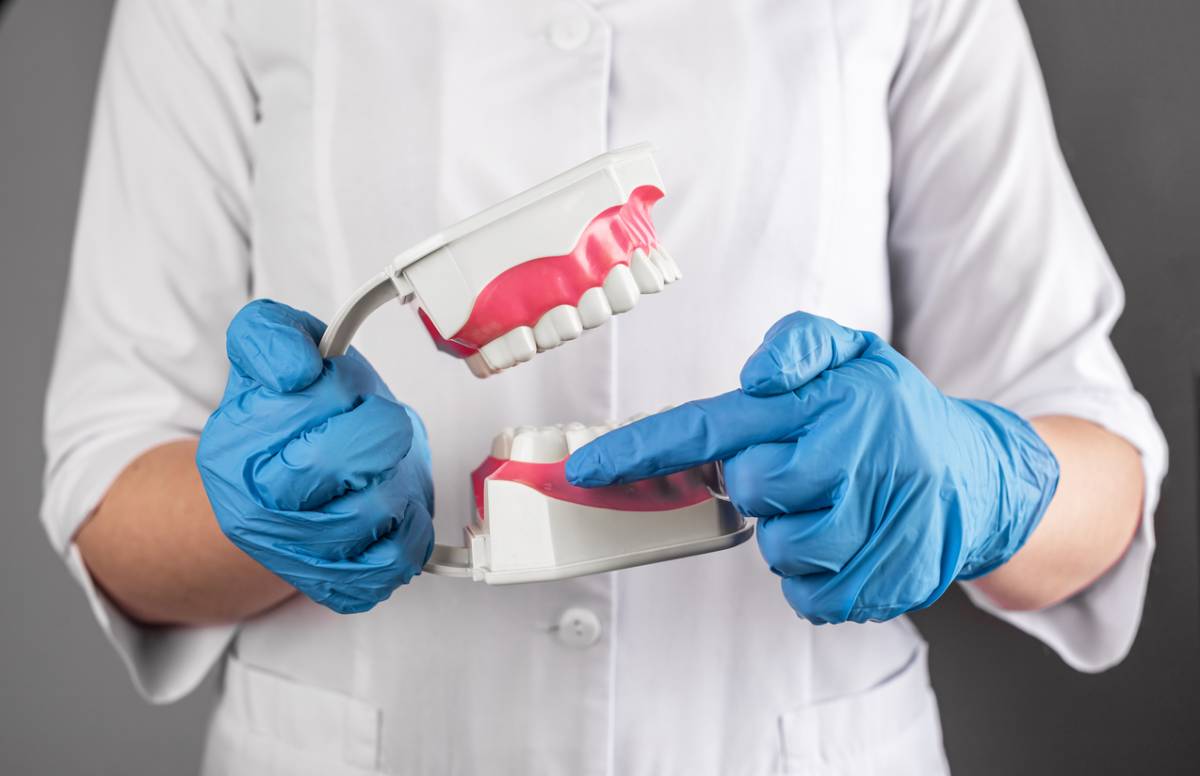Wisdom tooth removal is a common dental procedure. It involves the removal of your third set of molars. Most people get their wisdom teeth during adolescence to early adulthood. Because of their size and location, they can cause some issues. Wisdom tooth removal may be necessary. While extraction sounds scary, it’s actually a smooth and seamless process. You may wonder, does wisdom teeth removal need general anesthesia? Below, you will find more information about pain management during the procedure.
Does Wisdom Teeth Removal Need General Anesthesia?
There are generally two types of anesthesia that can be administered for wisdom tooth removal. Most patients undergo extraction with just local anesthesia. However, some patients may want general anesthesia. Ultimately, wisdom tooth removal does not require general anesthesia, but it is an option for some patients. Consider the differences between local and general anesthesia.
Local Anesthesia:
Local anesthesia involves placing anesthetic directly into the area where extraction will occur. This does not impact your mindset, and you are awake during the procedure. Local anesthetic essentially numbs the area where removal occurs. This prevents you from feeling any pain or discomfort. You may feel some pressure during the procedure. This pain medication is common for simple wisdom tooth extractions. The benefits of local anesthesia are that it allows you to recover quickly, and you can often get back to your daily routine within just a few days.
General Anesthesia:
Unlike local anesthesia, general anesthesia is administered by a skilled anesthesiologist. You will not feel any pain, discomfort, or pressure during your extraction as you are not conscious. This pain management option ensures that you are unaware of the procedure both shortly before and during it. This is often recommended for complex wisdom tooth extraction. Patients with impacted wisdom teeth or a severe dental phobia can benefit from this. However, it can impact your recovery time as compared to local anesthesia. You will also need someone to bring you to and from the appointment as you will not be able to drive.
Factors To Consider
Your dentist will discuss pain management options with you before the procedure. Be sure to share any information about your health history and your personal preference when it comes to pain management. They can work with you on a plan that is best for you. Below, you will find the factors that are taken into consideration when determining the type of anesthesia.
Complexity:
Some patients just need a simple tooth extraction in Rialto. In that case, local anesthesia is usually the best choice. However, other patients may have impacted wisdom teeth that are in complex positions. This can often result in the use of general anesthesia.
Patient Comfort:
Dental anxiety is common and can inhibit people from getting the care they need. If you have severe dental anxiety, your dentist may recommend general anesthesia. This can ensure that you are comfortable and relaxed during the procedure.
Length of Procedure:
Complex cases can lead to longer procedure times. This can be difficult if you only have local anesthesia. General anesthesia can allow the dentist to focus on performing the surgery as efficiently and effectively as possible. This can also ensure that you are comfortable and stress-free.
Patient Health History:
Your personal health history is a factor that can determine which type of anesthesia is best for you. Patients who have underlying health conditions may need to consider local anesthesia as it is low risk. Share your personal health history with your dentist before the procedure so they can make an informed recommendation.
Patient Preference:
Ultimately, the dentist will ask about your personal preference when it comes to pain management. Talk with them about the pros and cons of each type of anesthesia. Your input is valued, and the decision can be made in conjunction with your dentist.


